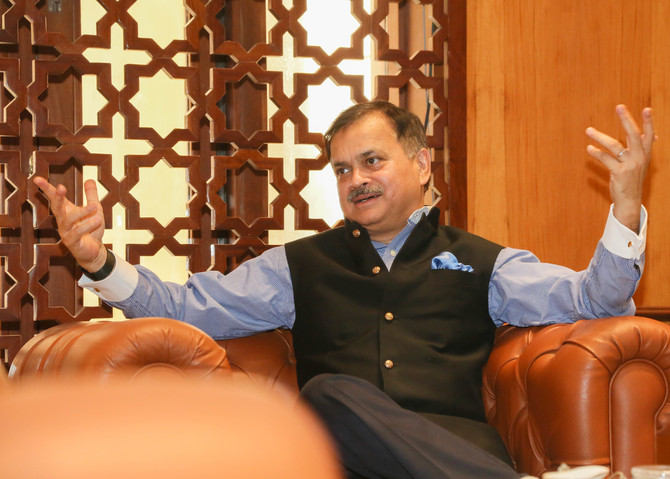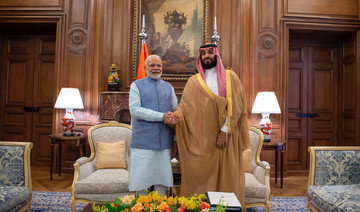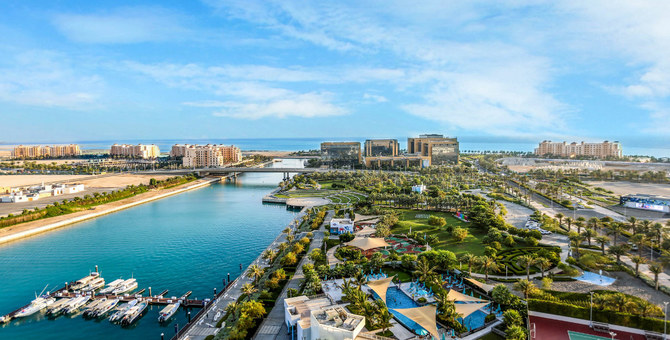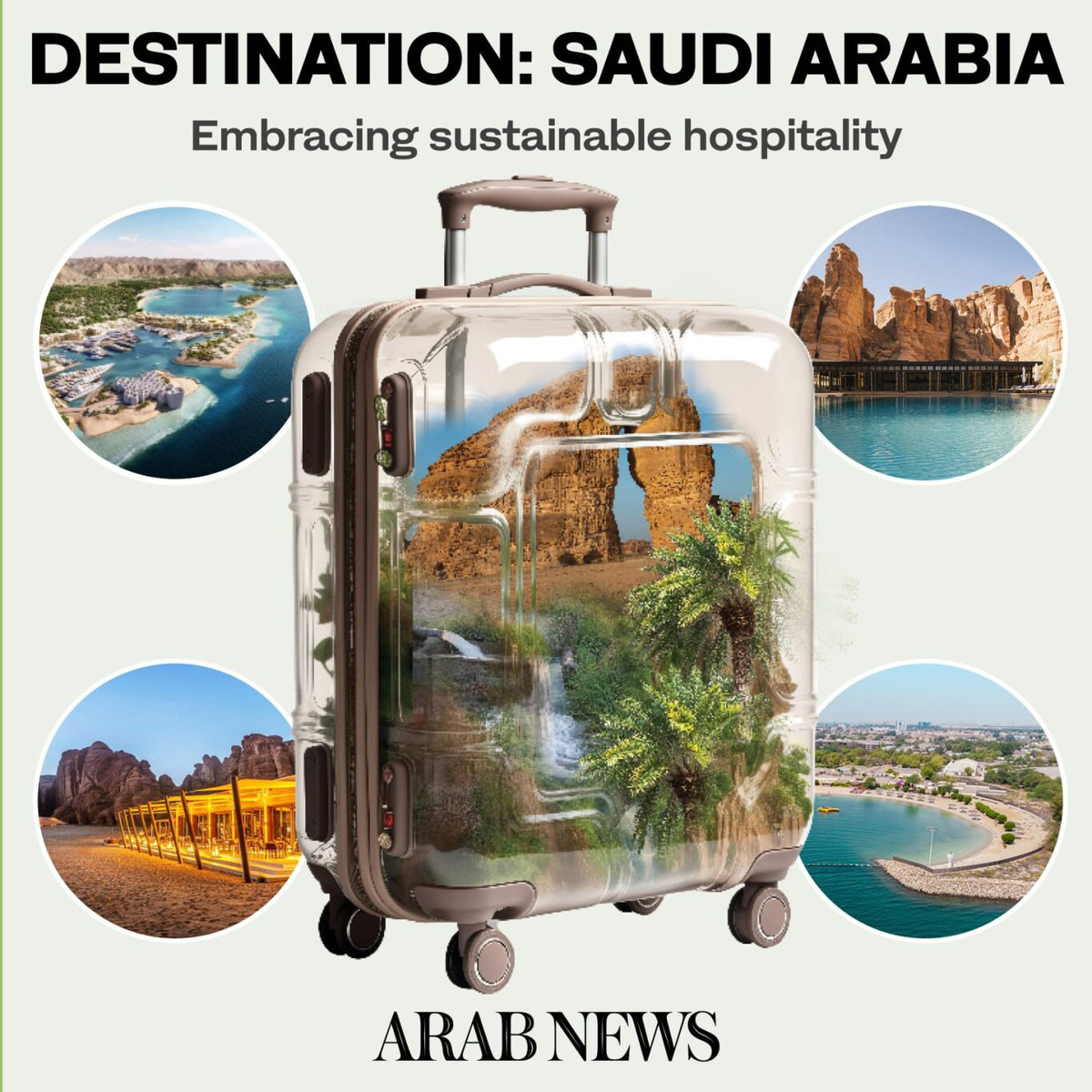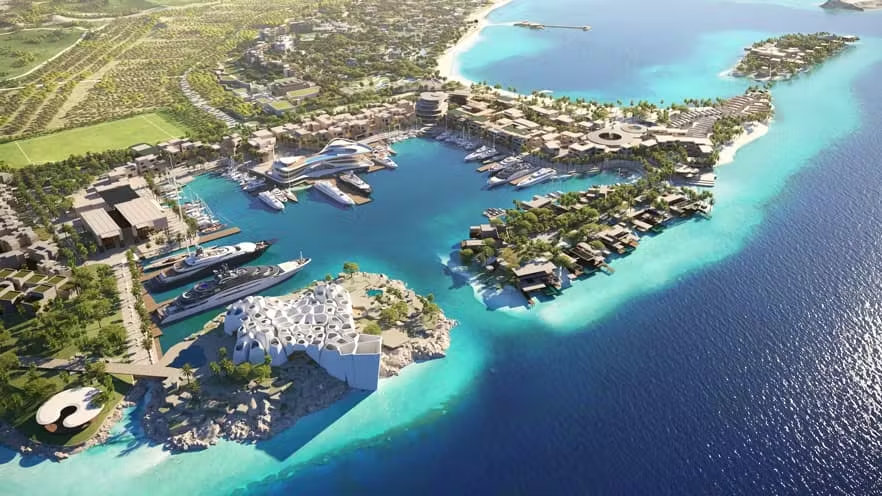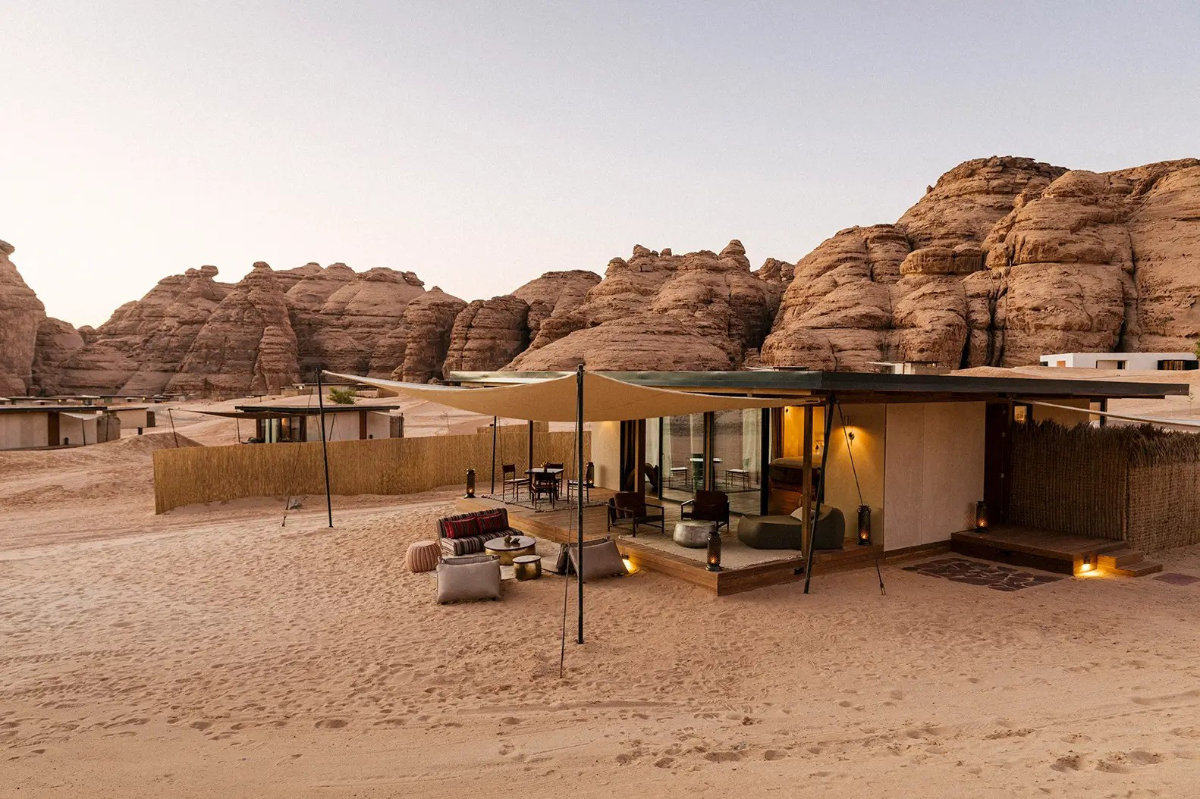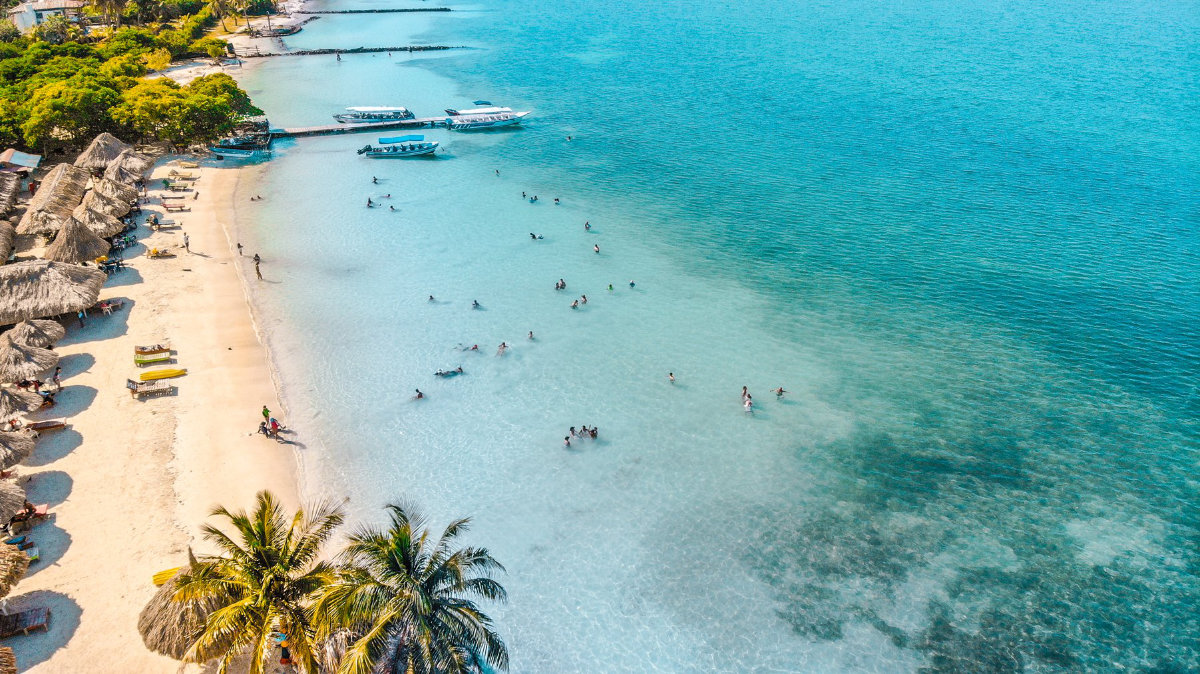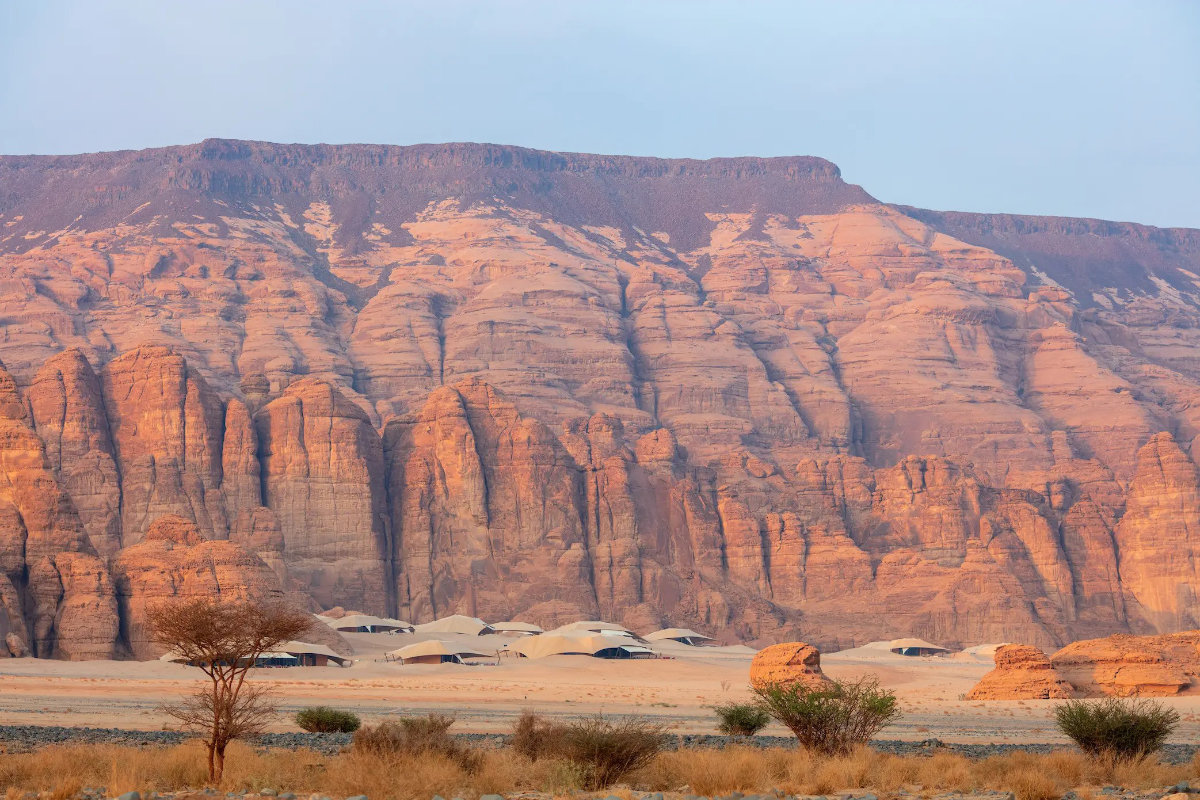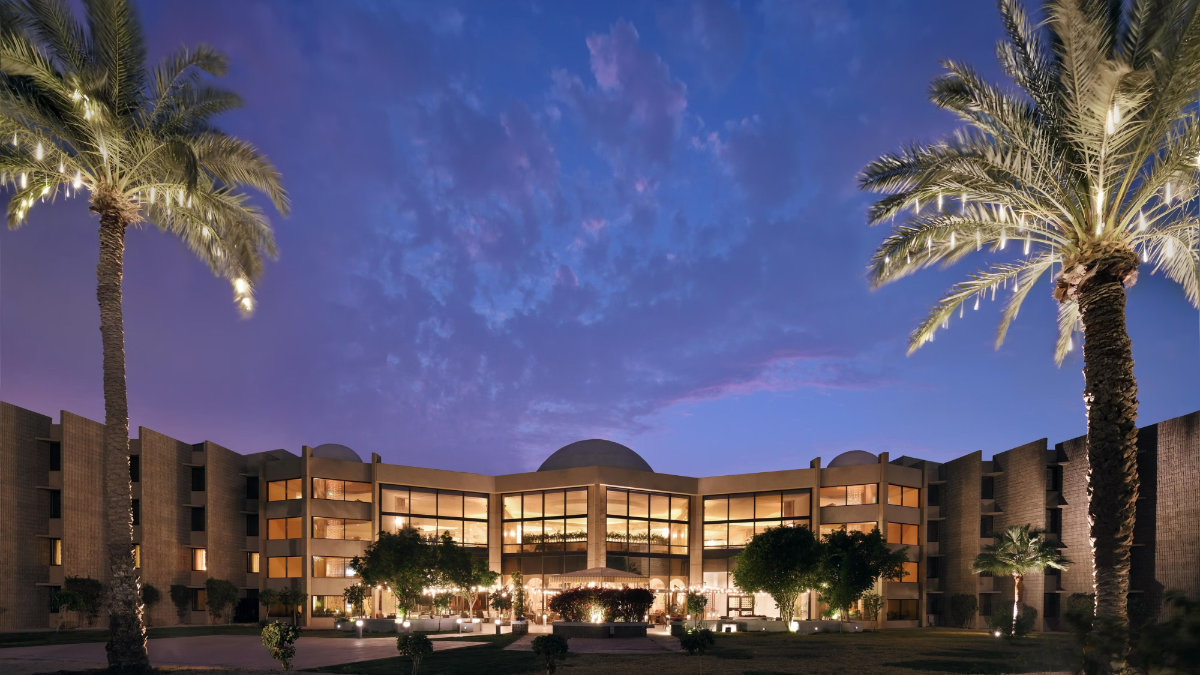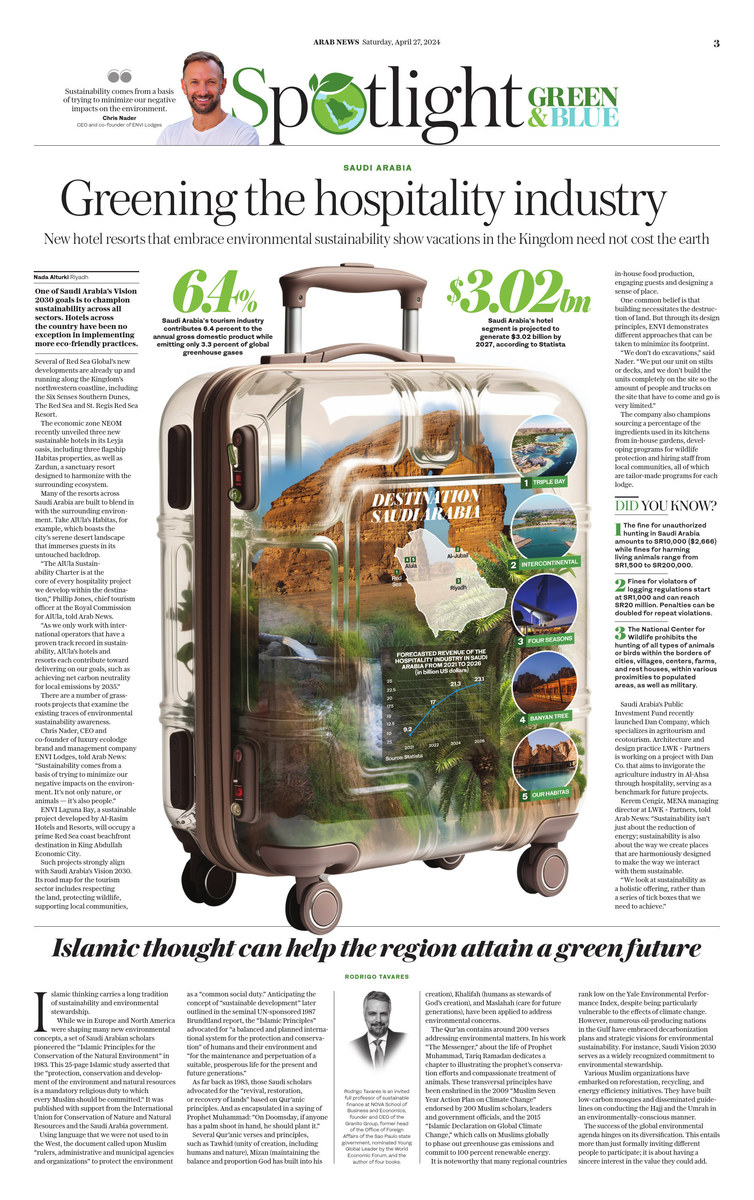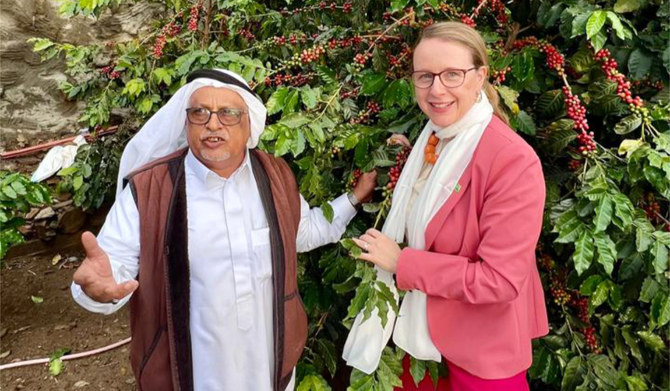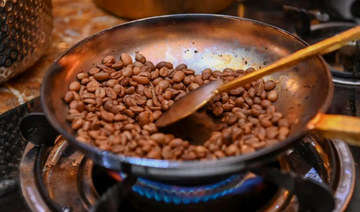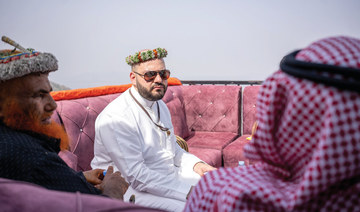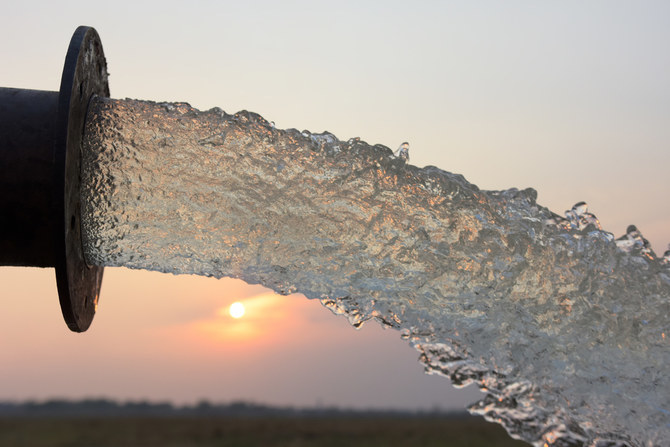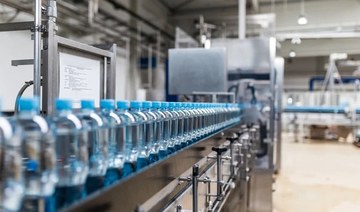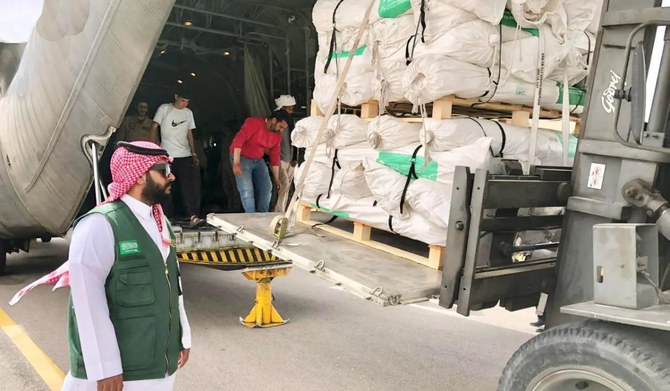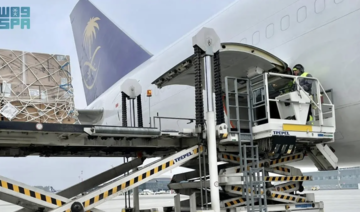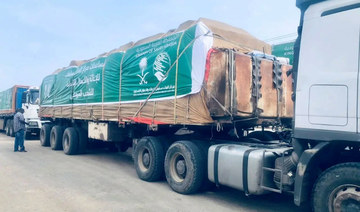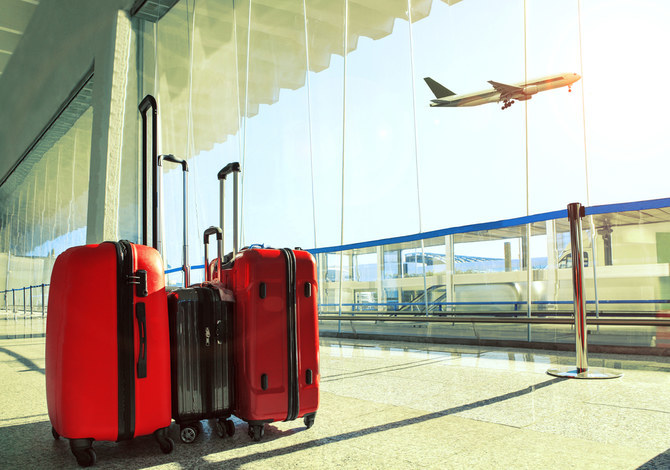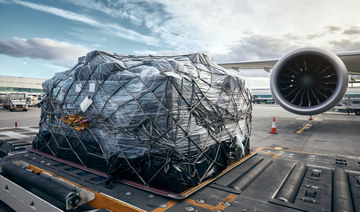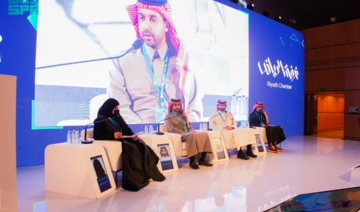RIYADH: Ahmad Javed, the Indian ambassador in Riyadh, believes the visit by Saudi Crown Prince Mohammed bin Salman to India will be a landmark event in the history of “our high-level bilateral engagements and they will certainly take an upward strategic direction.”
Talking exclusively to Arab News at the Indian Embassy in the Riyadh Diplomatic Quarter, the ambassador expressed his joy at the upcoming visit. “I began my posting as ambassador in Saudi Arabia with the visit of the Indian prime minister to Riyadh in April 2016, and I am happy that the visit of the Crown Prince will be my last assignment before ending my time in Saudi Arabia.”
The friendly relationship between India and Saudi Arabia is deeply rooted in a shared history that has been nurtured by personal relationships, said Javed. These links have been further strengthened by the development of trade and commercial ties.
“The historic visit by King Saud to India in 1955 and, prior to that, Crown Prince Faisal’s preparatory visit, plus the reciprocal visit by the first Prime Minister of Independent India, Jawaharlal Nehru, to the Kingdom in 1956, laid the strong foundation for our formal interactions,” he said. “The visit of Prime Minister Indira Gandhi to Saudi Arabia in 1982 further improved our bilateral relations.”
Such important official visits have continued, said Javed, and the relationship between the nations has evolved and developed as a result.
“In recent times, the historic visit of King Abdullah to India in 2006 resulted in the signing of the ‘Delhi Declaration,’ which gave a fresh momentum to the bilateral relationship,” he said. “The visit provided the framework for cooperation in many fields of mutual interest. The reciprocal visit by Prime Minister Manmohan Singh to Riyadh in 2010 raised the level of bilateral engagement to ‘strategic partnership,’ and the ‘Riyadh Declaration,’ signed during the visit, captured the spirit of enhanced cooperation in the areas of politics, economics, security and defense.”
The relationship deepened in 2014, he added, when a memorandum of understanding on defense cooperation was signed during a visit to India by King Salman, who was at that time the crown prince.
Most recently, Indian Prime Minister Narendra Modi visited Riyadh in April 2016.
“The visit...was a turning point in our growing engagement with Saudi Arabia,” said Javed. “During the visit, a joint statement highlighting the various aspects of our relationship was issued, which involved signing a number of cooperation agreements and MoUs.”
He believes the visit by the crown prince will continue the trend of increased cooperation.
“During the visit, Crown Prince Mohammed bin Salman will have important discussions with the president, vice president, prime minister and senior ministers of the government of India, on key areas of strategic cooperation such as science and technology, agriculture, space, security, defense, maritime, counterterrorism, plus trade and investment,” he said. “Several cooperation agreements/MoUs/programs are also expected to be finalized.”
India views Saudi Arabia as a friend and part of its “extended neighborhood,” said Javed.
“More than 7 million Indians work in the Gulf region,” he said. “Saudi Arabia and the other GCC states have been the time-tested, reliable source of our energy security. The security, stability and prosperity of the region are of great importance to us.
“We attach great priority to our friendly relations with Saudi Arabia. Our traditionally close ties are anchored in shared interests based on centuries-old economic and sociocultural ties, as well as vibrant people-to-people contacts.”
Trade and business links form an important part of the bilateral relationship, said Javed. Saudi Arabia is India’s fourth-largest trade partner and about 17 percent of India’s crude-oil requirement is supplied by the Kingdom, he explained.
“In 2017-18, India-Saudi bilateral trade increased by 9.56 percent to $27.48 billion,” said Javed. “During this period, our imports from Saudi Arabia reached $22.06 billion, an increase of 10.5 percent over the previous year. Our exports to Saudi Arabia were $5.41 billion, an increase of 5.88 percent over the previous year.”
Indian information technology companies, such as TCS, WIPRO and Tech Mahindra, work with Saudi ministries and businesses and contribute in a big way to training Saudi youth, especially women, in line with the objectives of the Kingdom’s Vision 2030, he said.
The growing cooperation between the two countries extends beyond trade and commerce.
“Defense ties received a major boost after the signing of an MoU on Defense cooperation...in February 2014,” said Javed.
“The India-Saudi Arabia Joint Committee on Defense Cooperation (JCDC) meets regularly; its fourth meeting was held in Riyadh on Jan. 2-3, 2019, and identified credible activities towards defense cooperation to further bolster the ties.
“Delegation-level exchanges take place regularly between the defense ministries of the two countries. Two groups of five officer cadets are currently undergoing training at the National Defense Academy in India. One officer is also at the prestigious National Defense College.”
India recognizes the significance of Saudi Vision 2030 and the National Transformation Program, said Javed, and the opportunities it offers to attract investment in India.
“The Saudi minister of energy, industry and mineral resources visited India several times during 2018 and held a series of discussions,” he said. “The Saudi oil giant, Aramco, has signed an MoU with an Indian consortium...to jointly develop the $44 billion Ratnagiri Refinery and Petrochemical Project Limited on a 50/50 basis.
“Since June 2018, Saudi (company) Al-Fanar has been constructing a 300 megawatt power project in Kutch worth $300 million, with the project expected to be completed by 2020. In October 2018, Saudi Aramco signed an MoU...with Mumbai-based GumPro to set up a drilling-fluids facility. A number of other investment projects are also being considered, including in our National Investment and Infrastructure Fund.”
The role that Indian workers play in the development and growth of the Kingdom is a source of pride, said Javed, and they play a key role in strengthening the links between the two countries.
“Saudi Arabia is home to an Indian community of more than 2.7 million,” he said. “The Kingdom has the largest number of Indian-passport holders outside the mother country. It is a matter of great satisfaction that the contributions made by Indians in the development of the Kingdom is well acknowledged and appreciated by the Saudi leadership, as well as by its people.
“I express my sincere gratitude to King Salman and Crown Prince Mohammed bin Salman for hosting this large Indian community and also for the excellent services provided by the Saudi authorities to Hajj and Umrah pilgrims from India.”
As Saudi Arabia increasingly opens up to arts and culture as part of the process of reform that is underway, there are also increasing opportunities for cultural exchange programs.
“It is a great honor that India was accorded the privilege of being the ‘Guest of Honor’ at the 32nd Janadriyah Festival, the National Festival of Heritage and Culture of the Kingdom of Saudi Arabia, in 2018,” said Javed.
“The cooperation extended to us, and the interest shown by the Saudi leadership, was unprecedented. Apart from formal inauguration of our pavilion by King Salman in the presence of our external affairs minster, the Indian Pavilion was also visited by a number of ministers, Shoura Council members, royal family members, senior Government officials and huge crowds of people.”
Javed believes that the relationship between the Kingdom and India will continue to thrive.
“The state visit of the crown prince to India will not only give fresh momentum to our deep-rooted cordial relations, but also take them to greater heights with a clear reflection of the enhanced importance assigned to India by the Kingdom of Saudi Arabia.”


